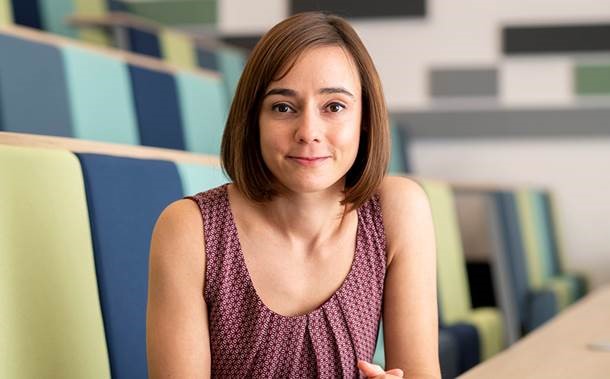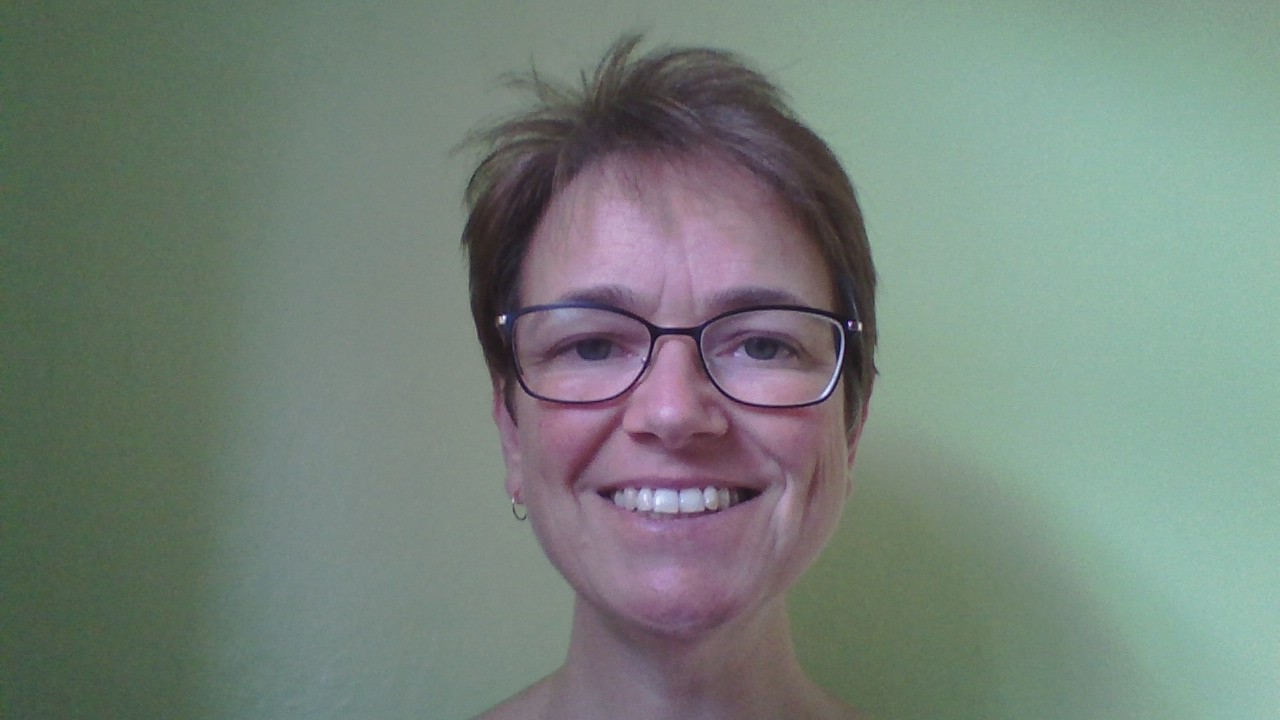Virtual Reality for Small Group Facilitators: Understanding Experience of Minoritised Groups

About the Project
Students have reported that when in small group sessions, facilitators did not always intervene when either microaggressions occurred or cultural explanations were requested of students. The students have raised that they then have an added burden of feeling the need to manage the situation themselves, an action which may be impacting their learning. This project explored the concerns of facilitators and barriers to action, followed by the development of a student-devised training package using virtual reality to help facilitators understand the impact on students and support their development in this area.
Our Aims
- To investigate barriers to facilitator intervention when microaggressions occur in group work
- To use sound pedagogical principles to develop and deliver a virtual reality experiential learning experience for staff to help facilitators understand the impact on students and support their development in this area
- To improve the experience of students from minoritized groups, in keeping with the university EDI strategy and contributing to tacking the awarding gap.
Project Impact
The team developed a series of VR videos with an accompanying workshop, which is available here. They are building on this to roll out a face-to-face training session, which will be led by students, and a self-guided Moodle course. It has already been embedded with WMS case-based learning training, and the team is in discussions with ADC about integrating it into their training.
Early evaluation results suggest that 100% of participants have learnt something new in the training, eg. “I learned how to create a better environment for all students and how to intervene when it's needed.” 100% believed they had developed new skills, eg. “The skills to identify and act in situations that make students feel uncomfortable” and 100% had a better understanding of student experience, eg. “The need to be validated by being given a voice”. 75% identified areas they will change in future facilitation sessions.
The team will conduct future evaluation, and help roll this programme out more widely across the university. They have already presented at the MBChB and Warwick EDI conferences, and will consider publication once the evaluation period is complete.

Project Lead
Leda Mirbahai
Warwick Medical School

Project Lead
Kate Owen
Warwick Medical School
Staff
- Jess Humphreys
- Helen Nolan
- Louise Davis
Students
- Isabelle Gallier-Birt
- Kaldora Ibekwe
- Will Opoku-Asamoah
